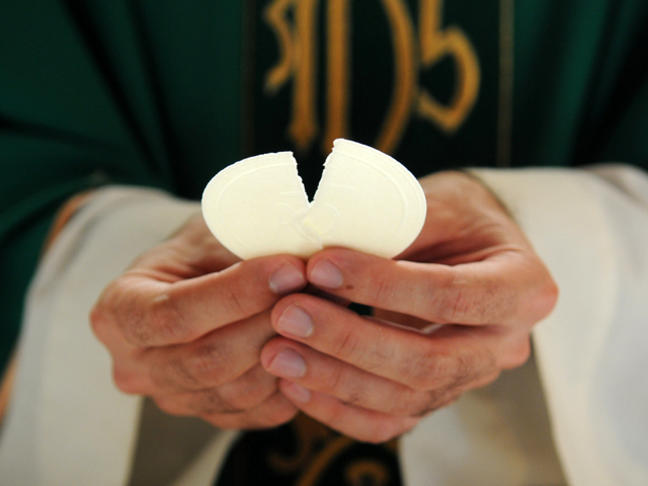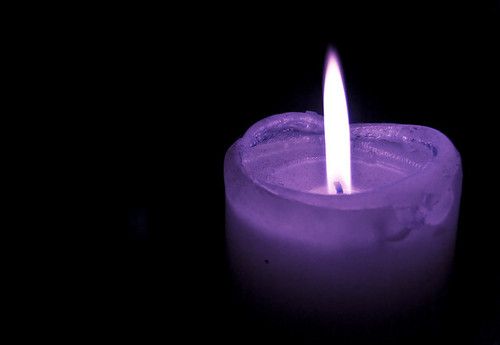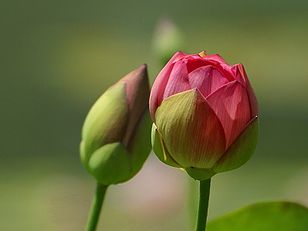Solemnity of the Most Holy Body and Blood of Christ (Corpus Christi)
DT 8:2-3, 14B-16A
PS 147:12-13, 14-15, 19-20
1 COR 10:16-17
JN 6:51-58
As summer officially gets underway this weekend and we celebrate the Solemnity of Corpus Christi, our days of Lenten fasting are long behind us. And yet this Sunday’s readings call to mind our experience of fasting during Lent. We fast for many reasons. We may fast to place ourselves in solidarity with those in our world who suffer from involuntary hunger, for example. Or we may fast to help us shift our attention from the trivial toward things that are vitally important. For example, we may fast to remind ourselves of a lesson from this Sunday’s first reading: “not by bread alone does one live, but by every word that comes forth from the mouth of the LORD”. Most of us do not need to be reminded to eat, but we may need to be reminded of the importance of seeking out that which is “true food” and “true drink”.
This Sunday’s Gospel reading makes some very strong statements about the importance of the Eucharist: “unless you eat the flesh of the Son of Man and drink his blood, you do not have life within you. Whoever eats my flesh and drinks my blood has eternal life, and I will raise him on the last day. For my flesh is true food, and my blood is true drink.” Similarly the second reading (from the first letter of St. Paul to the Corinthians) speaks of the importance of participation in the body and blood of Christ. “The cup of blessing that we bless, is it not a participation in the blood of Christ? The bread that we break, is it not a participation in the body of Christ?” How are we to understand the use of the word “participate” here? What exactly does it mean to “participate” in the body and blood of Christ?
I think that participation here is best understood in a twofold sense: as a grace and as a calling. First and foremost, participation in the Eucharist is a moment of grace. We “participate” not in the sense of actively accomplishing something for ourselves but rather in sharing in what Christ has accomplished for us. There is really very little for us to do. Our salvation is not something that we earn or accomplish. God’s forgiveness is something we receive as a gift. As we participate in the Eucharist we remember and also experience in a real way what God has done for us in Christ.
But to participate in the body and blood of Christ is to do more than to take and eat and praise God for what has been accomplished in Christ. To be called to share in the body and blood of Christ is also to be called to share in his life. Today’s gospel passage speaks repeatedly of the importance of recognizing God and Jesus as the source of our own lives. “Unless you eat the flesh of the Son of Man and drink his blood, you do not have life within you “and “Just as the living Father sent me and I have life because of the Father, so also the one who feeds on me will have life because of me.” To be alive with the life of Christ is to be animated in a manner marked by his Way. To see God and Jesus as the source of our lives is an invitation to discipleship – to reshape our lives in ways that conform to the source of our being.




